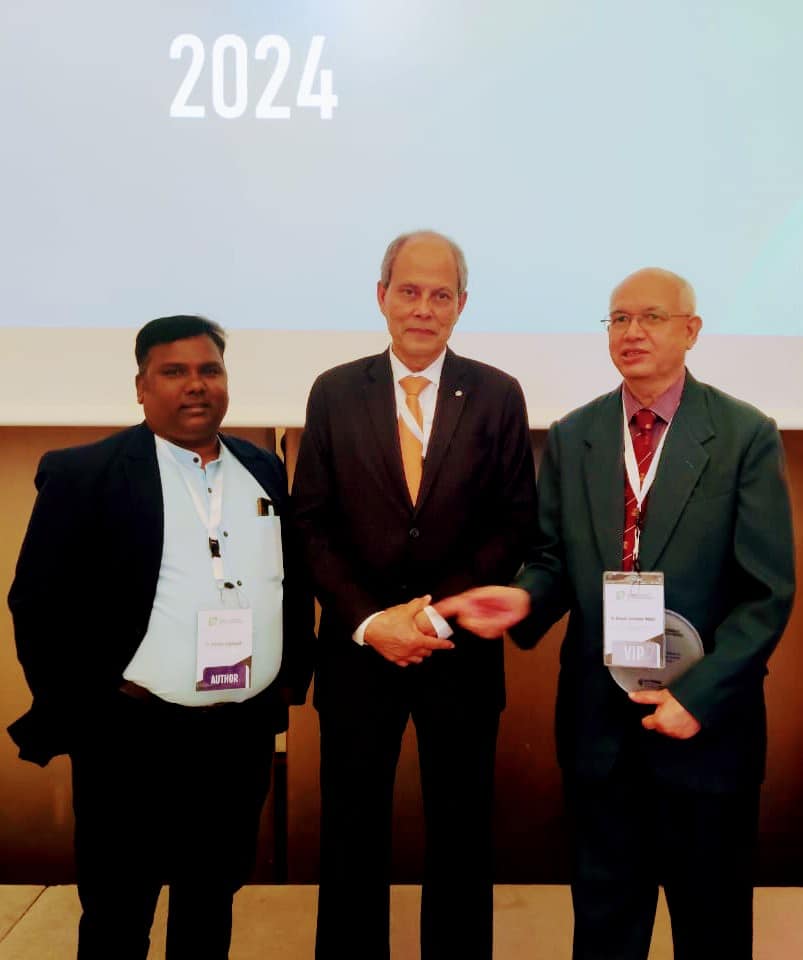COP 28 Resolution 28/57: The first implementation report released at COP28 looks at the progress made and the challenges ahead to close adaptation gaps and build resilience between now and 2030. Health, food and agriculture, and nature have been a part of the focuses of the SAA, and the High-Level Champions have shown progress on the Agenda throughout COP 28.
Resolution point 28 from the UAE Global Climate Action at COP 28 in 2023 highlights the release of the first implementation report, which assesses the progress made and the challenges ahead in closing adaptation gaps and building resilience between now and 2030. The report focuses on key areas such as health, food and agriculture, and nature, which are part of the Sharm el-Sheikh Adaptation Agenda (SAA). The High-Level Champions have shown progress on the Agenda throughout COP 28.
Positive Side:
Assessment of Progress: The release of the first implementation report provides an opportunity to assess the progress made in closing adaptation gaps and building resilience. By evaluating achievements and challenges, stakeholders can identify areas for improvement and adjust strategies to enhance effectiveness in addressing climate impacts.
Focus on Key Areas: The report focuses on critical areas such as health, food and agriculture, and nature, which are essential components of adaptation efforts. By addressing these sectors, the resolution acknowledges the interconnectedness of climate change impacts and the importance of comprehensive approaches to building resilience in vulnerable communities.
Continued Engagement: The involvement of High-Level Champions in showcasing progress on the Sharm el-Sheikh Adaptation Agenda throughout COP 28 demonstrates continued engagement and commitment to advancing adaptation efforts. Their efforts in promoting the Agenda contribute to raising awareness, mobilizing resources, and fostering collaboration among stakeholders.
Negative Side:
Challenges Ahead: While the report assesses progress, it also highlights the challenges ahead in closing adaptation gaps and building resilience. Identifying and addressing these challenges, such as resource constraints, institutional capacity gaps, and coordination issues, will be crucial for effectively implementing adaptation initiatives and achieving desired outcomes.
Implementation Hurdles: Despite progress showcased by High-Level Champions, there may be implementation hurdles that hinder the effective execution of adaptation actions. Addressing issues related to funding, policy coherence, and stakeholder coordination is essential to overcoming these hurdles and ensuring the successful implementation of adaptation measures.
Complexity of Adaptation: Building resilience in sectors such as health, food and agriculture, and nature involves addressing complex challenges that require multifaceted solutions. Ensuring coherence and coordination across different sectors and stakeholders while addressing the diverse needs of vulnerable communities may present implementation challenges.
In conclusion, while Resolution point 28 at the UAE Global Climate Action at COP 28 highlights positive efforts in assessing progress and addressing key areas in adaptation, it also underscores challenges such as implementation hurdles and the complexity of adaptation. Overcoming these challenges will be crucial for effectively closing adaptation gaps and building resilience to climate impacts by 2030.


